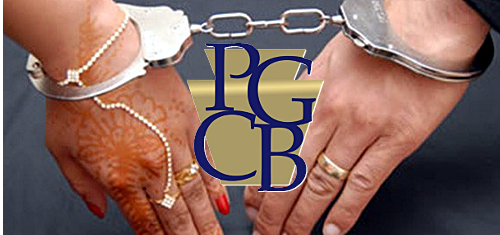 Daily fantasy sports operators looking to operate legally in Pennsylvania may have to partner with local casino operators, according to a report from the state’s gaming regulator.
Daily fantasy sports operators looking to operate legally in Pennsylvania may have to partner with local casino operators, according to a report from the state’s gaming regulator.
Earlier this month, the Pennsylvania Gaming Control Board (PGCB) released its Fantasy Sports Report, which was prepared in response to state legislators’ request for the PGCB to study how DFS might fit into the state’s existing legal gambling environment.
The report (viewable here) hedges on the legality of DFS, noting that no state court or other competent body has as yet issued an “authoritative pronouncement” on the matter. As such, the PGCB isn’t sure whether DFS would fall under its purview if legislators seek to formally legalize and regulate the activity.
Should legislators dump DFS into the PGCB’s lap, it’s the board’s view that DFS “be provided through the existing slot machine licensees as a gaming-related amenity operated through the licensee’s website.” The PGCB envisions these partnerships unfolding “much like current gaming service providers” who are vetted and licensed by the PGCB.
The PGCB sees “several significant advantages” of such a system, including the elimination of potential jurisdictional disputes and the need for unfamiliar DFS operators to team up with “established entities” who show “regard for Pennsylvania’s regulatory environment.”
Last October, Pennsylvania legislators offered up a bill that also proposed DFS-casino arranged marriages, along with a 14% tax on DFS revenue. But the PGCB suggests that legislators might want to fold DFS into Rep. John Payne’s HB 649, the online poker and casino legislation introduced last year that may resurface at a House of Representatives hearing on June 1.
While DFS operators are likely looking on in horror at the prospect of adding a revenue-sharing partner to an already profit-challenged business model, the PGCB stresses that it hopes to establish a regulatory environment “which is reasonable to the industry, while providing protection and fairness to the playing public.”
The consumer protections envisaged by the PGCB are nearly identical to the items proposed in Massachusetts that DFS operators have largely supported in other states, but the promise of a ‘reasonable’ regulatory environment might not hold much promise coming from a state that taxes its slots licensees at an industry-high 54%.
